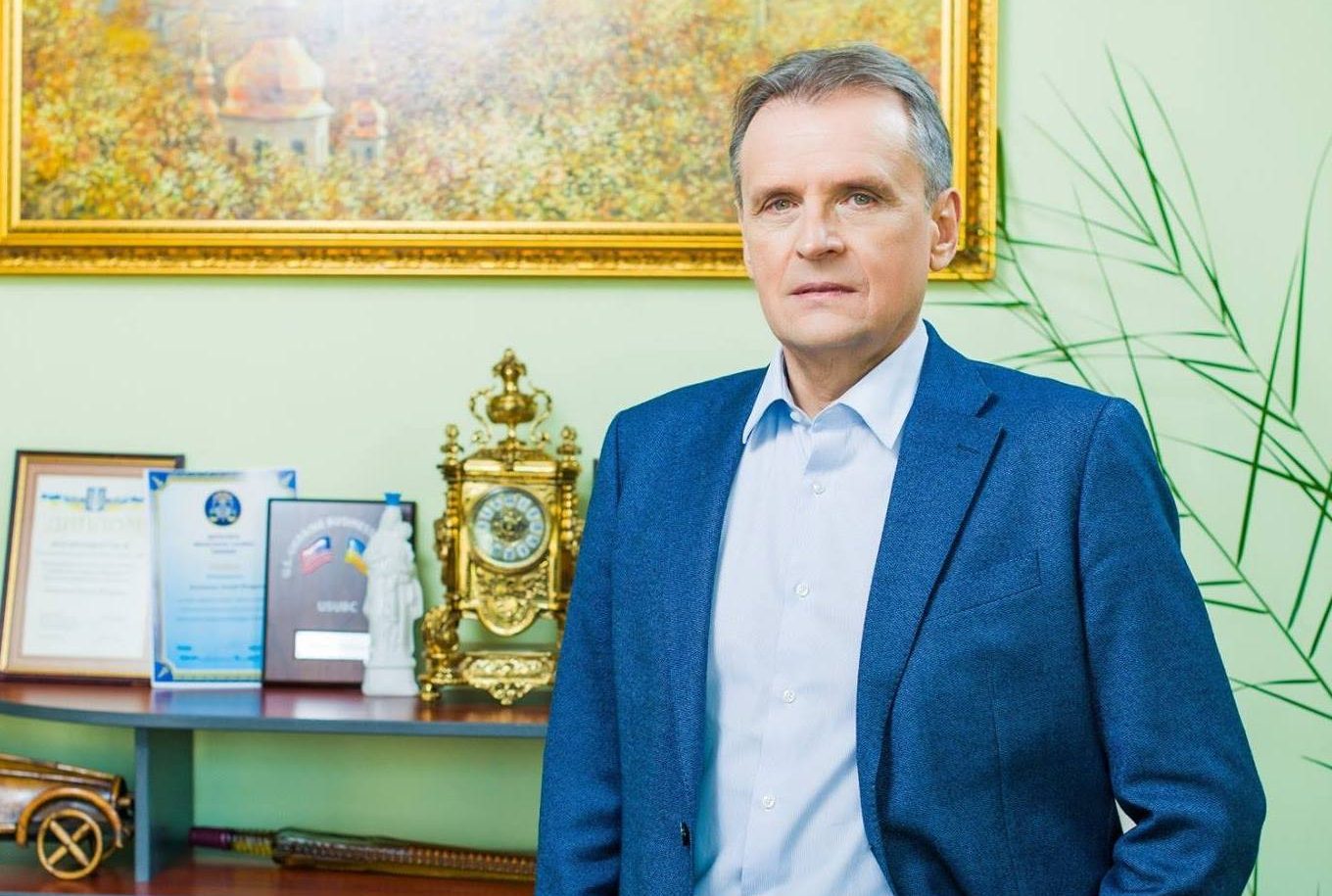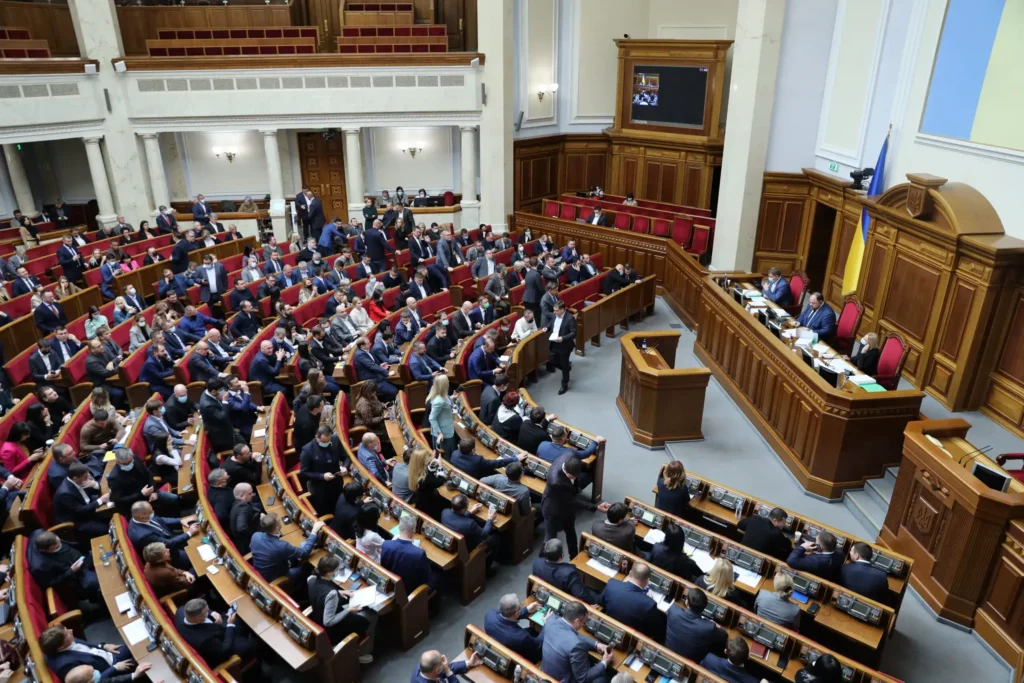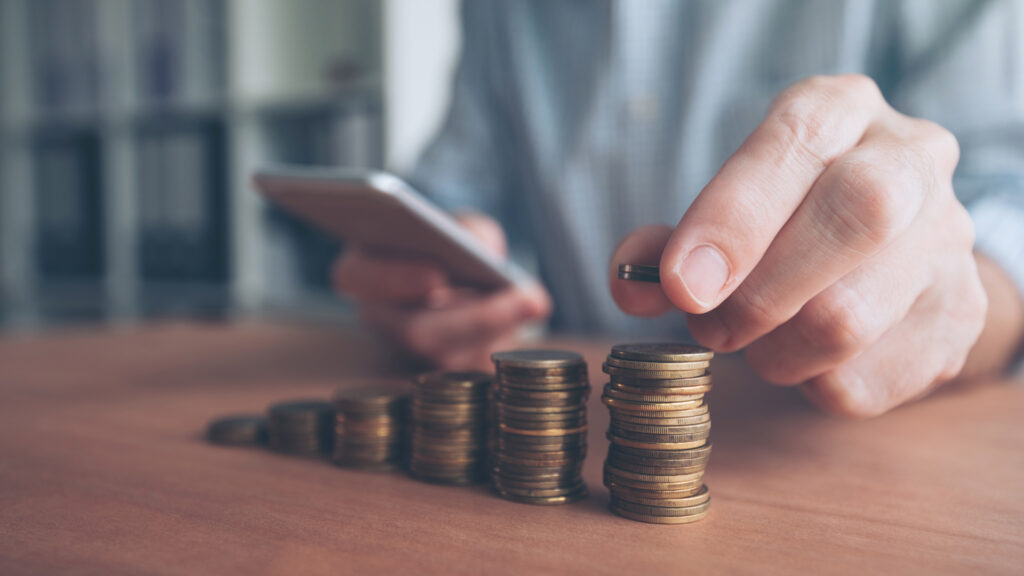Leonid Kozachenko: “EU countries cannot compete with Ukraine in the agricultural sector. But this will not prevent our accession”
8 February 2024 16:29
the “trade wars” with Poland, the situation at the border, and the growing difficulty in establishing a constructive dialogue with EU countries on Ukrainian agricultural exports are all part of a complex process that will take years to resolve. After all, the EU’s agricultural sector operates on completely different principles than Ukraine’s. In essence, the point is that European countries simply cannot compete with Ukrainian agricultural products and are therefore forced to protect their producers. The situation requires difficult decisions, but in general it does not threaten Ukraine’s prospects of joining the EU.
This was stated in an interview with ![]() leonid Kozachenko, President of the Ukrainian Agrarian Confederation, said in an interview with the Ukrainian News Agency.
leonid Kozachenko, President of the Ukrainian Agrarian Confederation, said in an interview with the Ukrainian News Agency.
Ukraine imported more than USD 7 billion worth of agricultural products last year, mostly from Poland. What does this figure mean? What products do we buy the most and why? Do we have no domestic production?
We have the same problem, which has existed for a long time. There were many ways to overcome it, but, unfortunately, we were unable to do so. The point is that we mainly sell raw materials. Unfortunately, we do not sell value-added products, we buy a lot of them in the EU. And if we were to produce these value-added products, we would increase the total value of exports and the profitability of this business enormously. But we had a problem – we did not have enough credit resources for this.
To solve this problem, we needed medium- and long-term loans – for 5, 7, 10 years. And we need cheap loans. Not like now, when we take out a loan for a few months and pay 30% interest. In the EU, for example, a farmer can get a loan at 1-2% for 10 years and turn his enterprise into a processing plant.
We did not have this and do not have it. That’s why we buy value-added products from them, and that’s why the figure is $7bn.
By the way, we are currently short of milk – the number of cows is falling, and this also depends on funding. We used to import pork from Poland. This is because the Poles subsidise not only their production but also their exports. For example, they pay extra money to pork producers for every tonne of exports. That’s why we have such figures.
The lion’s share of our imported products comes from Poland, which, as you know, actively blocked the import of Ukrainian grain last year. What is the current situation with our grain in the EU, as it used to be difficult, and what is the current situation?
The situation remains difficult because the EU and its individual countries cannot compete with Ukraine. They see the fact that we have increased the supply of these products to the EU as a threat to them, and quite justifiably so.
However, the top exports are not grain, but poultry meat, sugar, chicken eggs, and honey. And then there are other products. Therefore, this issue remains complicated and will continue to be complicated. And when we win this war, we will have to make a lot of efforts to find an understanding in the future, when we are members of the EU
And this situation with the grain – does it somehow threaten our accession to the EU? Does it postpone it? Can we say that by such actions the Poles are actually blocking our accession to the European Union?
Let’s put it this way – by and large, this does not threaten our accession to the EU. Only if the Black Sea grain corridor is operational. And today it is working almost at full capacity. If it is operational and there are no other obstacles on the way of shiploads that load grain-carrying vessels, then there will be no problems.
Of course, here (in Poland – ed.) it is closer, and we could have higher profitability. But this does not pose a serious threat to Ukraine if we do not supply there. Before the war, we had a quota of 1.6 million tonnes of grain to the EU. It was set for 5 years ahead, but in most cases they increased this quota because they had the right to do so. If they had a deficit, they sometimes increased it by half a million tonnes and so on. But we don’t have to supply there at all.
The problem is different. The grain corridor has started working – the Red Sea, the Suez Canal and the exit from it have been blocked. And one of our main destinations is the Middle East and Indochina. A huge amount of our exports go in this direction, and now we have to sail around the African continent. This means 2 weeks plus 7,000 kilometres, for which we have to pay carriers. This increases the cost of logistics by at least USD 25 per tonne, and our farmers pay for it.
So, of course, it is painful for us when we cannot supply grain to Europe. But I cannot say that it is very critical.
You said earlier that Poland was blocking our accession to the EU with such actions. Is the trend still there?
Not only Poland. Hungary, Slovakia, Romania. Even I was surprised by President Macron, who made a statement that we should immediately stop the supply of poultry meat, sugar, chicken eggs and look at other products – that’s what he said. And France said it would immediately address these issues at the EU level. So this is a serious issue. And this is not the right way.
In today’s environment, the EU is very far behind us in terms of development. Everything there is based on subsidies.
A modern combine harvester that costs 200 thousand euros or more is compensated by the state by 50%. For each hectare, you get about 200 euros in subsidies, and for each head of cattle, you also get an additional payment.
While the EU spends 40% of its budget on supporting the agricultural sector, Ukraine spends only 1%. And they absolutely do not want to reform.









